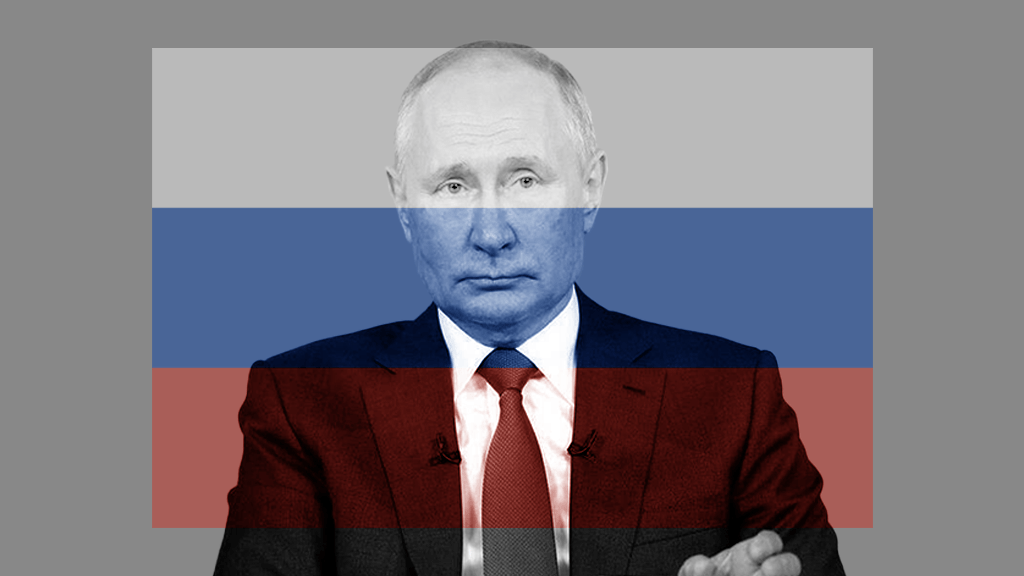EU Must Win 'Battle of Narratives' with Russia to Retain African Influence

July 12, 2023: EU Must Win ‘Battle of Narratives’ with Russia to Retain African Influence. The European Union (EU) faces a crucial challenge in maintaining its influence in Africa amidst the growing narratives promoted by Russia and China. Jutta Urpilainen, the EU’s Commissioner for International Partnerships, emphasized the need for the EU to make a compelling offer to African states to counter the narratives put forth by Russia and China. These narratives involve active propaganda and disinformation campaigns. However, Urpilainen highlighted the importance of the EU’s narrative, focusing on the battle of offers and what the EU can provide to its African counterparts.
To counter the influence of Russia and China, the EU has introduced the Global Gateway program, which is seen as its response to China’s Belt and Road initiative. The Global Gateway program aims to invest €170 billion in public and private sectors for African states by 2027. Unlike Russia’s security-focused approach and China’s focus on complex infrastructure projects, the EU’s approach through the Global Gateway program encompasses various aspects of development and cooperation.
In addition to infrastructure investments, the EU is also engaged in negotiations with African, Latin American, and Caribbean countries for critical raw materials. This initiative aims to reduce the EU’s dependency on Chinese industrial and mineral supplies and accelerate the green transition. The EU has already reached agreements with Namibia and is in talks with Chile to ensure a sustainable supply of critical minerals and raw materials.
The EU’s efforts to maintain influence in Africa face challenges due to the equivocal stance of many African states on Russia’s invasion of Ukraine. This has intensified the competition for political relations in Africa between the EU, Russia, China, and the United States. To counter Russian disinformation campaigns, the EU has allocated additional resources to tackle misinformation on social media platforms in the Sahel region, where the Wagner mercenary group supports military regimes in Mali and Burkina Faso.
Urpilainen emphasized the importance of reaching out to African states and explaining the need to condemn Russia’s attack. She highlighted the significance of African support in international forums such as the United Nations. The EU has supported the African Union by endorsing its full membership in the G20 and advocating for an African seat on the UN Security Council.
While the EU strives to retain its influence in Africa, Russia plans to host a Russia-Africa summit in St. Petersburg later this month. It is important to note that many African states have historical relationships with Russia, including past Kremlin support for their struggles for independence and democracy. Additionally, China holds economic importance for many African partner countries. These factors contribute to the hesitancy of African states to take sides in the conflict. Therefore, the EU’s proactive engagement and explanation of its position become crucial in maintaining influence and countering competing narratives.
In conclusion, the EU faces a battle of narratives with Russia and China to retain its African influence. The EU aims to counter Russia’s security-focused approach and China’s complex infrastructure projects by offering comprehensive development programs, such as the Global Gateway initiative, and addressing critical raw material needs. However, the EU must also navigate African states’ historical relationships and economic considerations while actively countering disinformation campaigns.


















































